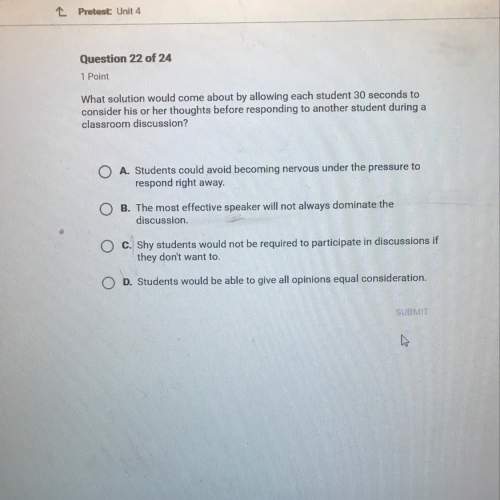
STORIES OF USEFUL INVENTIONS, excerpt By S. E. Forman 1911 THE MATCH There never was a time when the world was without fire, but there was a time when men did not know how to kindle fire; and after they learned how to kindle one, it was a long, long time before they learned how to kindle one easily. In these days we can kindle a fire without any trouble, because we can easily get a match; but we must remember that the match is one of the most wonderful things in the world, and that it took men thousands of years to learn how to make one. Let us learn the history of this familiar little object, the match. Fire was first given to man by nature itself. When a forest is set on fire by cinders from a neighboring volcano, or when a tree is set ablaze by a thunderbolt, we may say that nature strikes a match. In the early history of the world, nature had to kindle all the fires, for man by his own effort was unable to produce a spark. The first method, then, of getting fire for use was to light sticks of wood at a flame kindled by nature—by a volcano, perhaps, or by a stroke of lightning. These firebrands were carried to the home and used in kindling the fires there. The fire secured in this way was carefully guarded and was kept burning as long as possible. But the flame, however faithfully watched, would sometimes be extinguished. A sudden gust of wind or a sudden shower would put it out. Then a new firebrand would have to be secured, and this often meant a long journey and a deal of trouble. In 1827, John Walker, a druggist in a small English town, tipped a splint with sulphur, chlorate of potash, and sulphid of antimony, and rubbed it on sandpaper, and it burst into flame. The druggist had discovered the first friction-chemical match, the kind we use to-day. It is called friction-chemical because it is made by mixing certain chemicals together and rubbing them. Although Walker's match did not require the bottle of acid, nevertheless it was not a good one. It could be lighted only by hard rubbing, and it sputtered and threw fire in all directions. In a few years, however, phosphorus was substituted on the tip for antimony, and the change worked wonders. The match could now be lighted with very little rubbing, and it was no longer necessary to have sandpaper upon which to rub it. It would ignite when rubbed on any dry surface, and there was no longer any sputtering. This was the phosphorus match, the match with which we are so familiar. How does the author convince readers that the match was "the most wonderful thing in the world"? Please respond in three to five complete sentences, using evidence from the text to support your answer. (5 points)

Answers: 2


Another question on English

English, 22.06.2019 06:30
Which statement is true? a) a diverse workplace can cause people to be come prejudiced b) cultural barriers can pose a challenge to creating a diverse workplace. c) enforcing the use of english challenged in creta diverse workplace d) people who see resistant to change embrace diversity easily
Answers: 2


English, 22.06.2019 07:20
What happens to graders who use a red pen? a.they are more accurate with thier correctionsb.they find more errorsc.they feel themselves getting angrt when they graded.they make more mistakes
Answers: 1

English, 22.06.2019 07:30
Write approximately 100 words reflecting on your 7-question reading strategy activity. how correct were your first two predictions? what questions worked for you within that activity? what questions didn't? were these reading strategies something you do unconsciously when you read anyway, or were they very foreign ideas? the more you know about how you read, the better you become as a reader. what did you learn about yourself as a reader?
Answers: 2
You know the right answer?
STORIES OF USEFUL INVENTIONS, excerpt By S. E. Forman 1911 THE MATCH There never was a time when the...
Questions

Mathematics, 17.12.2020 21:20

Mathematics, 17.12.2020 21:20


Mathematics, 17.12.2020 21:20

Mathematics, 17.12.2020 21:20



English, 17.12.2020 21:20




Computers and Technology, 17.12.2020 21:20


English, 17.12.2020 21:20


Computers and Technology, 17.12.2020 21:20




Mathematics, 17.12.2020 21:20




